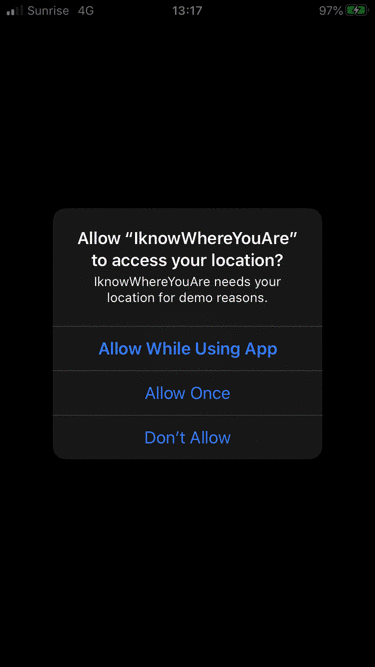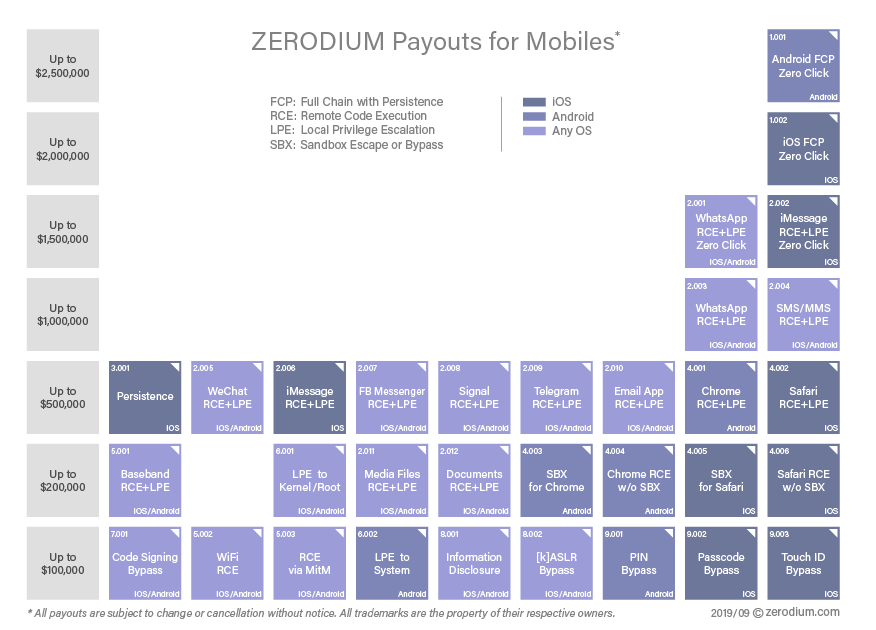The Washington Post reported earlier today that Apple's relationship with third-party security researchers could use some additional fine tuning. Specifically, Apple's "bug bounty" program—a way companies encourage ethical security researchers to find and responsibly disclose security problems with its products—appears less researcher-friendly and slower to pay than the industry standard.
The Post says it interviewed more than two dozen security researchers who contrasted Apple's bug bounty program with similar programs at competitors including Facebook, Microsoft, and Google. Those researchers allege serious communication issues and a general lack of trust between Apple and the infosec community its bounties are supposed to be enticing—"a bug bounty program where the house always wins," according to Luta Security CEO Katie Moussouris.
Poor communication and unpaid bounties
Software engineer Tian Zhang appears to be a perfect example of Moussouris' anecdote. In 2017, Zhang reported a major security flaw in HomeKit, Apple's home automation platform. Essentially, the flaw allowed anyone with an Apple Watch to take over any HomeKit-managed accessories physically near them—including smart locks, as well as security cameras and lights.
After a month of repeated emails to Apple security with no response, Zhang enlisted Apple news site 9to5Mac to reach out to Apple PR—Zhang described them as "much more responsive" than Apple Product Security had been. Two weeks later—six weeks after initially reporting the vulnerability—the issue was finally remedied in iOS 11.2.1.
According to Zhang, his second and third bug reports were again ignored by Product Security, without bounties paid or credit given—but the bugs themselves were fixed. Zhang's Apple Developer Program membership was revoked after submission of the third bug.





 Loading comments...
Loading comments...
